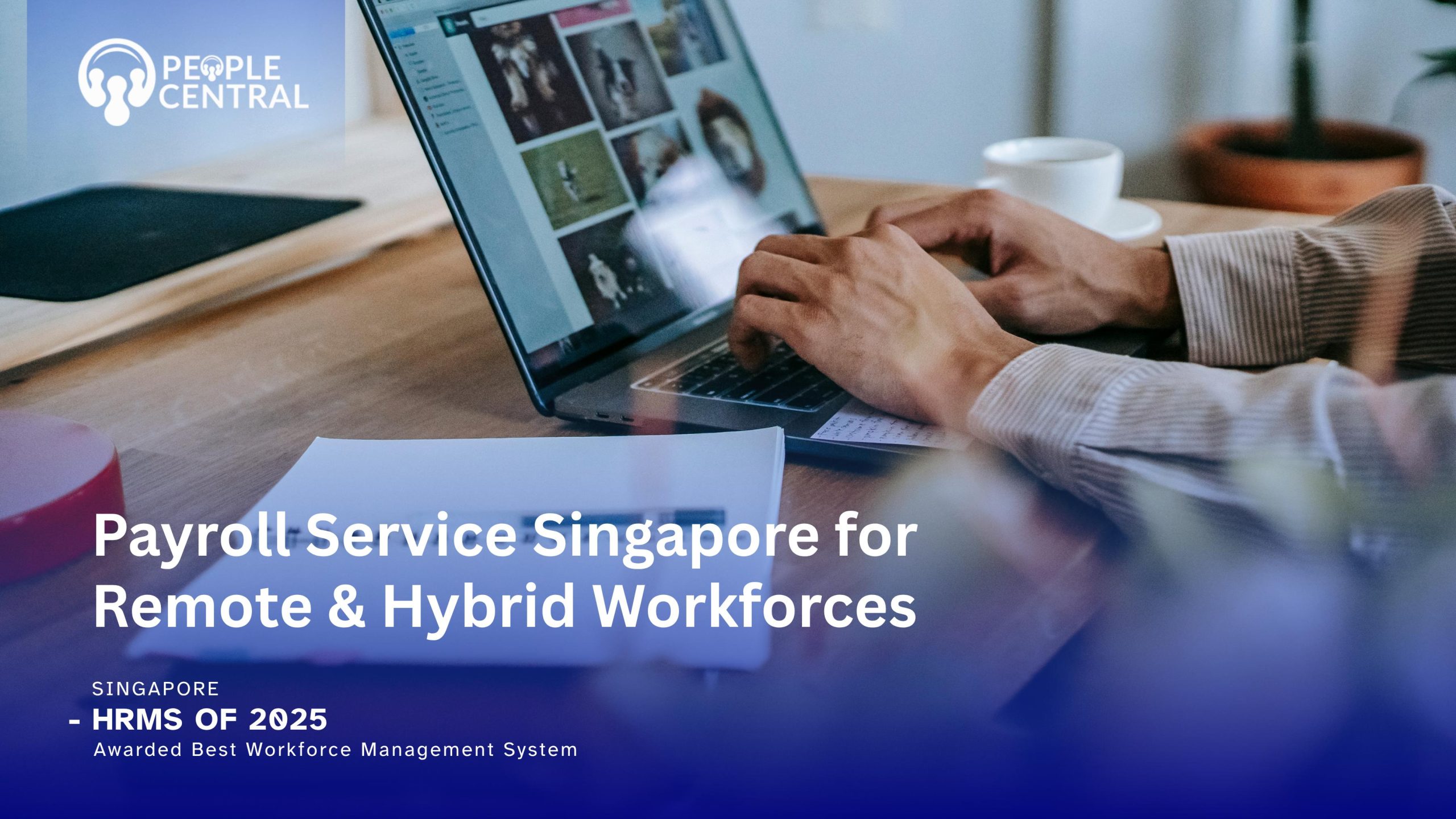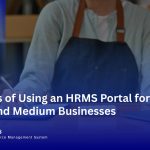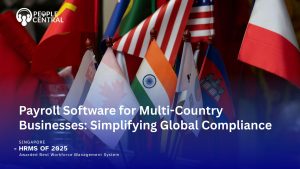A friend of mine runs a startup in Singapore. Last year, she hired an amazing developer from Malaysia and a part-time designer who works from home three days a week. Everything was going great until payday came around.
She suddenly had to figure out how to pay her team across borders while dealing with different tax rules, and also make sure that everyone got paid on time and correctly. She felt quite stressed just because of one simple task.
Flexible work has now become quite an expectation, especially here in Singapore. More than three-quarters of companies now offer hybrid setups, and cross-border hires are becoming more and more common. But with that flexibility comes a new challenge: payroll.
Paying a team that’s spread out across cities or even countries means HR has to think about accuracy and legal compliance in a whole new way.
In this article, let’s talk about why remote and hybrid teams need smarter payroll systems and how payroll services help solve these challenges.
The Challenges of Payroll in Remote & Hybrid Teams
When your teams are working from different locations, payroll becomes more complex. Here’s what I mean:
- Regulatory compliance
You have to make sure things like CPF contributions, SDL, and tax filings with IRAS are done right. And if you have hired someone overseas, you have to deal with a whole new set of tax and employment laws depending on where they are based. - Time zones and attendance tracking
When people are working from different time zones, tracking their attendance and other things like leave balances and pay cycles gets tricky. You can’t just rely on punch cards or one standard clock-in system anymore. - Payments and currencies
Paying people in different countries isn’t as simple as clicking “send.” You have currency exchange rates changing, and different banking systems to deal with. - Data security
Payroll data is sensitive. When we are managing it remotely, there is a higher risk of cyberattacks and breaches. In such a case, relying on spreadsheets and emails is not enough; you need a more secure system in place. - Employee trust
Employees rely on being paid on time, and if it is delayed or if there is any mistake, it can really hit their trust. In a remote setup, such a mistake can take longer to fix, and it can make employees feel more disconnected and frustrated.
Also Read: Payslip Singapore 2025: MoM Compliance, Key Components, and Legal Requirements
Why Payroll Services Matter
Modern payroll services help businesses manage these challenges with ease. Here’s how they make life simpler:
- Automated compliance
You don’t have to worry about staying on top of CPF, IRAS, or MOM rules. The system keeps itself updated, so you’re always compliant, without spending hours reading up on regulations. - Cloud-based access
You can run payroll from anywhere. That really helped during the COVID lockdowns, when no one could go to the office. It’s still very useful today, because many people work from home or split their time between home and the office. - Accuracy and speed
Since calculations are automated, there’s way less room for error. You are not triple-checking spreadsheets anymore, and it saves your HR team a ton of time. - Integration
Your attendance, leave, and HR records? They all sync automatically into payroll. That means no more copying data between systems or missing out on last-minute updates. - Data security
These systems use strong security and regular backups, so your employees’ sensitive information stays safe, even when you are working from home. - Self-service portals
Employees can log in anytime to check their payslips, leave balances, or download tax forms. That means fewer emails to HR and more transparency for everyone.
Features to Look For in a Payroll Solution
If you are running a business in Singapore, your payroll platform really needs to tick a few key boxes:
- Built-in compliance tools
You want something that automatically handles CPF contributions, IRAS submissions, and other e-filing with the government. It takes a huge load off your shoulders and helps avoid costly mistakes. - Strong security
Look for platforms with ISO-certified infrastructure and PDPA compliance. With sensitive payroll data, you really can’t compromise on safety. - User-friendly dashboards and mobile access
HR and managers should be able to approve things both from the office and from their homes. Such a clean and easy interface makes a big difference. - Integration with HR and accounting systems
When your HR, payroll, and finance tools are connected, your whole workflow becomes smoother and faster. - Scalability and local support
As your business grows, your system should grow with you. And it helps to have local support teams who understand Singapore regulations and can jump in when needed.
Also Read: CDAC Singapore 2025: Bridging Ideas and Solution
Spotlight on PeopleCentral
I think, when it comes to payroll services for remote and hybrid teams in Singapore, PeopleCentral really stands out. It’s a cloud-based HRMS that pretty much automates everything.
It brings everything into one place. From leave and claims to attendance and employee records, it’s all integrated, which means less back-and-forth and more time saved for your HR team.
Employees love the self-service portal and mobile app. They can apply for leave, file expenses, or download their payslips right from their phones.
There are also some smart AI-powered tools in there, like a chatbot to answer quick HR questions and even automatic alerts if something looks off in a timesheet.
Over 100,000 users already trust PeopleCentral. One great example? Singapore Petroleum Company (SPC). They manage HR and payroll across 40 branches using PeopleCentral, giving each branch local control while keeping things centralized and compliant. And for many SMEs, payroll processing has dropped to just 15 minutes a month. That’s serious time savings.
Conclusion
Today, many people work from different places. That means doing payroll has become harder. Old systems can’t handle things like different rules,or teams working in many locations.
That’s why using a good payroll system is so important now. It helps make sure everyone is paid correctly, on time, and safely.
If your team works in different places, it’s a smart move to use a payroll system that can grow with you. It will save you time, reduce mistakes, and help your business run better.








 5
5


























